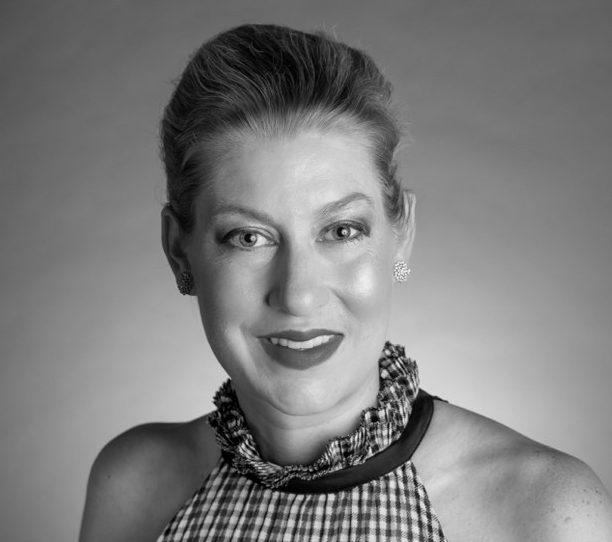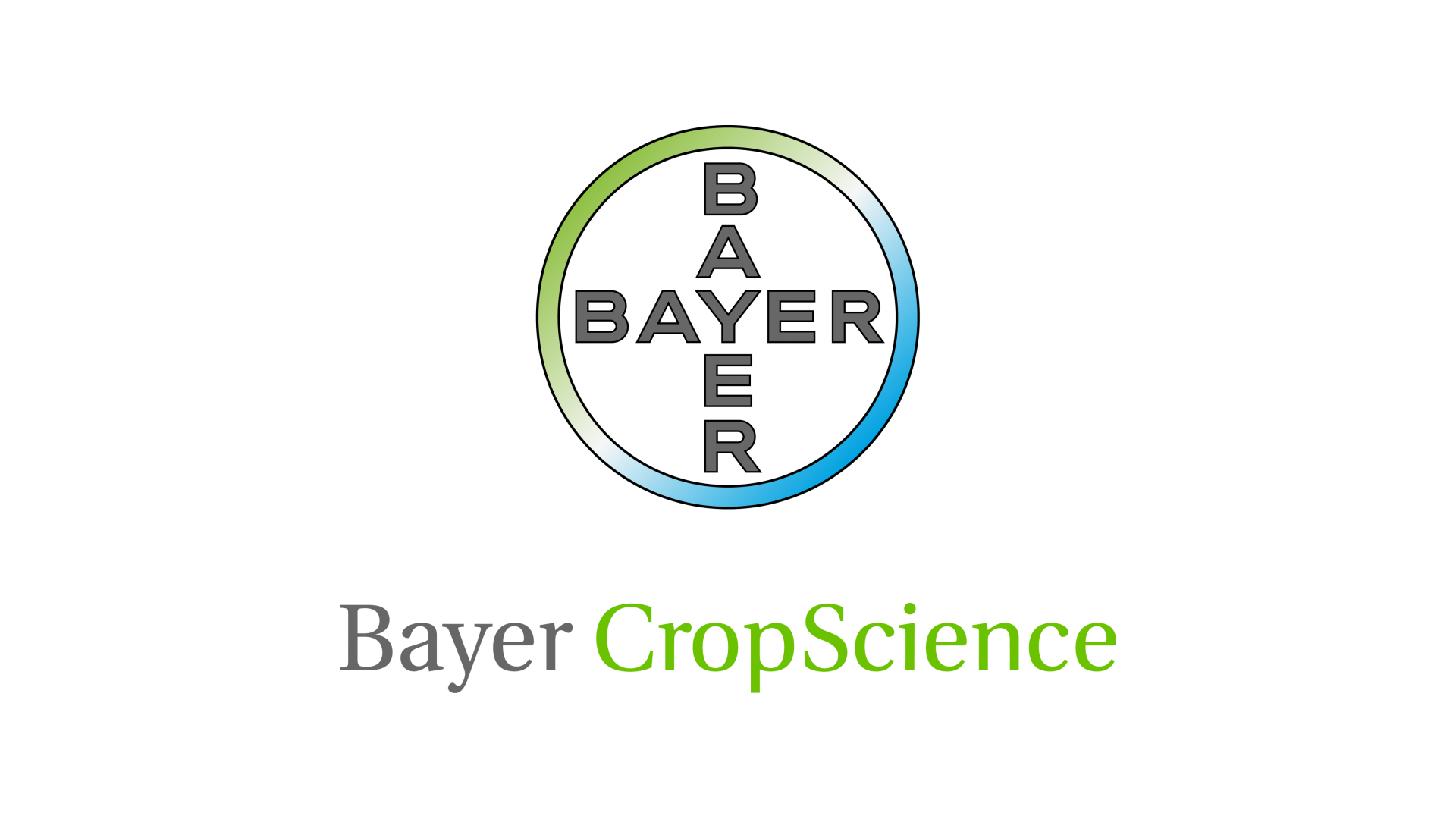Have you ever picked up a plant at the grocery store and wondered to yourself, can I really keep this alive? Or maybe you’ve planted seeds in the ground only to see them never sprout. Don’t worry, if you’ve struggled to find any success, you’re not alone. But imagine the pressure when the food industry’s supply chain is relying on your green thumb, so you have to find a way to plant trillions of seeds that yield crops covering millions of square miles to feed the world.. It’s no longer about having a green thumb. It’s a full on science and technology based operation, and it can’t fail. That’s where Bayer Crop Science and Elisha Herrmann step in to bring that supply chain to life.
“We produce not only the seeds that the farmers plant, but we have to produce the fruits and the vegetables that produce the seeds that the farmers plant.”
Elisha is a Global Supply Chain Strategy and Innovation Partner a Bayer Crop Science, a company that is currently utilizing all forms of science and technology, including drones, machine learning, artificial intelligence and robotics, to deliver the best produce from the moment seeds hit the dirt to the second you remove them from the shelves. On this episode of IT Visionaries, Elisha describes the unique ways Bayer Crop Science is utilizing technology to ensure quality from both ends of the supply chain, why blockchain is now an integral tool for the food industry when it comes to tracking and tracing products, and much more.
Main Takeaways
- Can You Track That: Being able to track the lifecycle of a plant is incredibly important when it comes to managing where certain plants and produce are shipped. If a plant or seed is infected with a fungus and is sent to a geographic location of the world that doesn’t have the resources to remedy the causes of that fungus, it could be detrimental in very severe ways.
- It’s Just Science: Artificial intelligence and machine learning technologies are used to track the overall health and life cycle of crops, but also to manage current and future food trends. By using A.I. and machine learning, scientists can let the growers know if they need to plan for different crops.
- Blockchain Grows in Necessity: A few years ago, most growers, suppliers, and distributors were tracking the whereabouts of their crops manually. This meant that regardless of where those crops ended up, the data they were inputting was done manually and could have discrepancies. With blockchain, they now have the ability to instantly track where their crops are going, to whom they are being shipped, and how they are getting there.
For a more in-depth look at this episode, check out the article below.
Article
Have you ever picked up a plant at the grocery store and wondered to yourself, can I really keep this alive? Or maybe you’ve planted seeds in the ground only to see them never sprout. Don’t worry, if you’ve struggled to find any success, you’re not alone. But imagine the pressure when the food industry’s supply chain is relying on your green thumb, so you have to find a way to plant trillions of seeds that yield crops covering millions of square miles to feed the world.. It’s no longer about having a green thumb. It’s a full on science and technology based operation, and it can’t fail. That’s where Bayer Crop Science and Elisha Herrmann step in to bring that supply chain to life.
“We produce not only the seeds that the farmers plant, but we have to produce the fruits and the vegetables that produce the seeds that the farmers plant.”
Elisha is a Global Supply Chain Strategy and Innovation Partner a Bayer Crop Science, a company that is currently utilizing all forms of science and technology, including drones, machine learning, artificial intelligence and robotics, to deliver the best produce from the moment seeds hit the dirt to the second you remove them from the shelves. On this episode of IT Visionaries, Elisha describes the unique ways Bayer Crop Science is utilizing technology to ensure quality from both ends of the supply chain, why blockchain is now an integral tool for the food industry when it comes to tracking and tracing products, and much more.
Herrmann joined Bayer Crop Science in June of 2020, just as the world was in the early stages of a global pandemic and the food and agriculture’s supply chain was at its most vulnerable state. Under those circumstances, Herrman said that it became evident that there were certain areas where things could improve.
“Everybody is seeing the gaps that [the industry] had and with the supply chain,” Herrmann said, “This is how everyone operated before with production planning and demand logistics. But now we’re seeing that all of these have to work together in an ecosystem and not just be a chain link anymore.”
The ecosystem Herrmann is discussing begins the moment a seed goes into the ground, and includes everything that happens through the harvest, shipment, and arrival to its final destination — which by the way could be anywhere in the world. Which brings up the importance of Bayer being able to track and trace its products to all the different locations they might land at, and ensuring that the quality of the products remains high throughout the process.
“When it comes to food, you don’t want to ship out a product that isn’t of the highest quality because it could be potentially detrimental,” Herrman said. “If you ship something with a fungicide that goes to somewhere that’s never had this before, they don’t have the means to treat it… We take great pride in identifying things from pathogens to bug infestations on all of the crops. And there’s even a blockchain solution that just came out at the end of last year for a track and trace of seed to plate, so we can understand exactly where that seed has been through its entire journey.”
In the past, this tracking and tracking process was done manually, which obviously left open the possibility for errors and things falling through the cracks. And that manual process put the onus of tracking on specific people, who couldn’t update or share information in real-time.
“All of that information was probably somewhere, but it wasn’t shared between companies,” Herrmann said. “That’s where technologies like blockchain come in, because you’re able to share certain information, but also to hide certain information. You don’t want to share your pricing, your recipe, that sort of thing with your competition…but technologies like blockchain are there so you can share the information of where it’s from and its origin, but not necessarily give anything else away.”
To hear more from Herrmann’s episode IT Visionaries, and how Bayer Crop Science is using technology to create a better and more sustainable supply chain, check out the full episode of IT Visionaries!
—
To hear the entire discussion, tune into IT Visionaries here.




